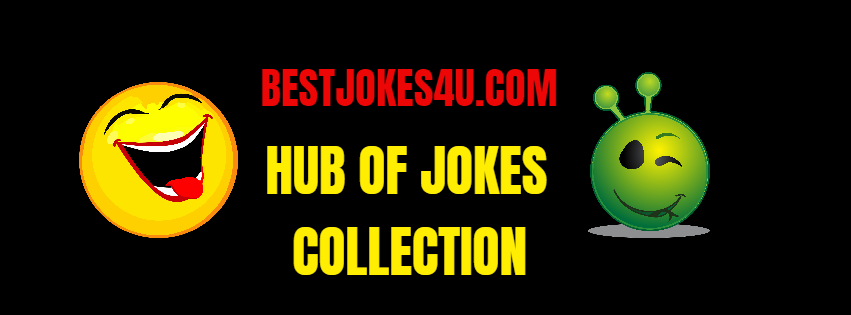Laughter, they say, is the best medicine. And what better way to administer this delightful dose of mirth than through the art of jokes? Jokes have an innate ability to transcend boundaries, cultures, and ages, connecting people through shared laughter. This universal language of humor has been a cherished part of human communication for centuries, offering us a momentary escape from the mundane and a chance to revel in the joy of the absurd. In this article, we delve into the captivating world of jokes, exploring their history, psychology, and their remarkable ability to bring people closer.
The Historical Tapestry of Jokes
Jokes are far from being a recent invention. Humor has existed as a means of expression and bonding since ancient times. From the jesters of medieval courts to the humorous anecdotes in ancient texts, jokes have been a constant presence throughout history. In the modern world, stand-up comedy and internet memes have taken the baton, ensuring that humor continues to evolve and stay relevant.
The Psychology of Laughter
Have you ever wondered why a well-crafted joke can leave you in fits of laughter? The psychology behind this phenomenon is fascinating. When we hear a joke, our brains process incongruity—the unexpected twist in the narrative. This cognitive dissonance is quickly followed by a resolution, resulting in a release of tension and a burst of laughter. This neurochemical response not only uplifts our mood but also promotes a sense of camaraderie with others who share the laughter.
Building Bridges and Breaking Ice
Jokes possess the remarkable power to build bridges and break the ice in various social settings. Whether you're at a party, a workplace, or a family gathering, a well-timed joke can instantly lighten the atmosphere and foster a sense of connection among people. In a world where differences often dominate headlines, humor serves as a unifying force that transcends boundaries and brings people together, reminding us of our shared humanity.
The Evolution in the Digital Age
With the advent of the internet and social media, jokes have taken on a new dimension. Memes, GIFs, and viral videos allow jokes to spread like wildfire across the globe, reaching millions in a matter of seconds. This digital evolution has democratized humor, allowing anyone with a creative spark to contribute to the global laughter. Online communities dedicated to specific types of humor, such as puns, dark humor, and satire, thrive and evolve in this interconnected landscape.
The Healing Power of Laughter
Beyond their entertainment value, jokes have therapeutic benefits as well. Laughter triggers the release of endorphins, the body's natural feel-good chemicals, reducing stress and promoting relaxation. Medical practitioners and psychologists have embraced humor therapy as a complementary approach to healing, using laughter to alleviate pain, anxiety, and depression.
Preserving Cultural Heritage
Jokes are an essential vessel of cultural heritage. They carry within them the nuances of language, societal norms, and values of a particular time and place. As cultures change and evolve, so do the jokes, offering a window into the past while reflecting the present. By sharing jokes, we pass down traditions and create a shared legacy that connects generations.
In a world that often seems divided, jokes serve as a reminder of our shared humanity. They traverse languages, cultures, and generations, weaving together a tapestry of laughter and connection. From ancient jesters to modern comedians, from timeless anecdotes to internet memes, the evolution of jokes is a testament to their enduring appeal. So, the next time you share a hearty laugh with friends or strangers, remember that you're participating in a time-honored tradition that has been uniting us for centuries—the tradition of sharing jokes.





Comments